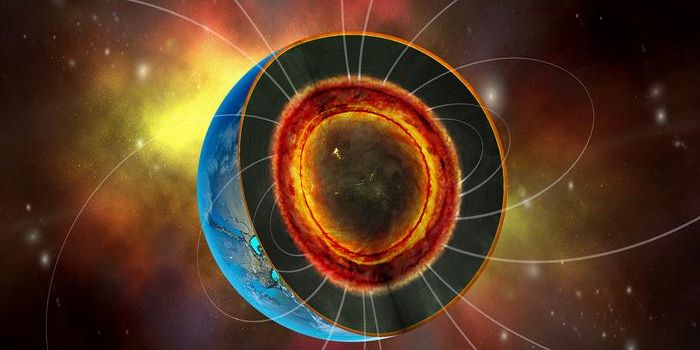Canadian Scientists Hope to Take Lead in Neutron Research, Again
Neutron sources are the key to advancing research in many areas such as energy storage, mechanical engineering, nuclear fuels, and biomedical science.
Canadian scientists from diverse backgrounds are advocating for building a new particle accelerator-based neutron research facility as a bid to bring the country's neutron research back on tracks.
Neutron beams, like lasers and X-rays, are among the most effective tools to explore a wide variety of materials. Due to their net-zero electrical charge and limited ability to interact, a beam of neutrons can penetrate many materials of great interests to scientists. Materials of different nature can alter the properties of the beam differently due to their distinct atomic makeup and inner structure. By studying these changes, researchers can gain insight into the material at the atomic and molecular levels.
Canadian scientists had long relied on the NRU (National Research Universal) reactor located in Chalk River, Ontario, as the main source of neutron beams. For over 60 years, the reactor not only served as a global supplier of industrial and medical radioisotopes, but it was also the core facility for Canadian neutron research.
In 2018, the NRU, one of the world's oldest research reactors, was permanently shut down after a decade into its problem-ridden twilight years. The loss of the prominent nuclear facility put many science projects on pause.
The Story of National Research Universal (CNL)
To resuscitate Canada's leadership in neutron science, the group of advocating scientists proposed a sustainable replacement facility to provide the much-needed neutron beams. The Compact Accelerator Neutron Sources (CANS), designed to be small and agile, can be constructed at major urban centers. Its proximity to university campuses and medical institutes would make it more accessible to researchers and less risky to operate and maintain.
The CANS can make significant and diverse contributions to the Canadian research community. For example, cell biologists and biochemists can uses neutrons to probe structures of lipid membranes, proteins, and other macromolecules. Physicists and materials scientists can use it to research quantum and novel materials. Medical researchers can turn beams of neutrons into a therapeutic tool to treat cancer patients.
With their proposed neutron research facility, the group believes that the CANS can return Canada to its leadership position in scientific exploration.
Source: The Conversation









